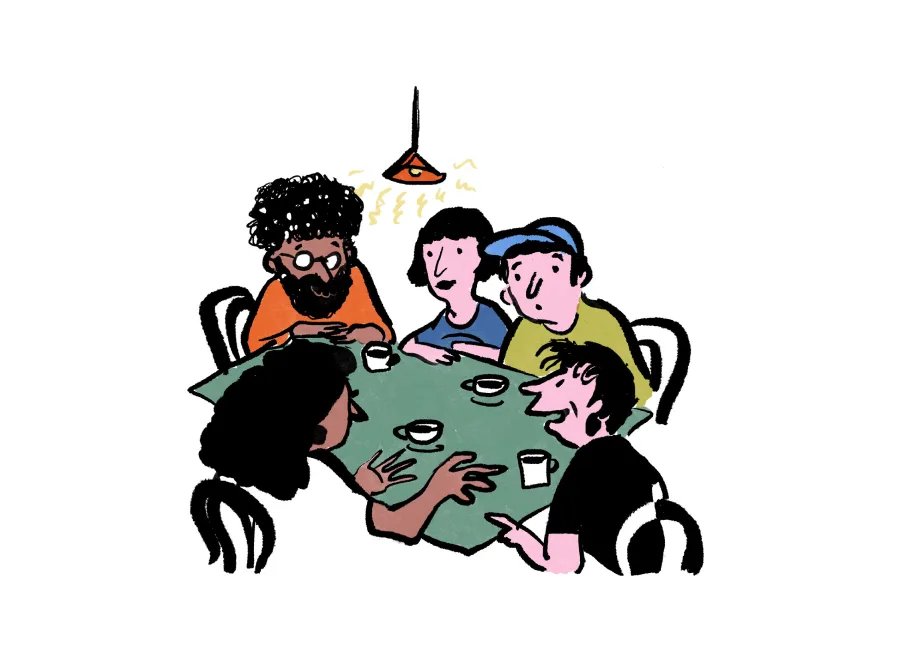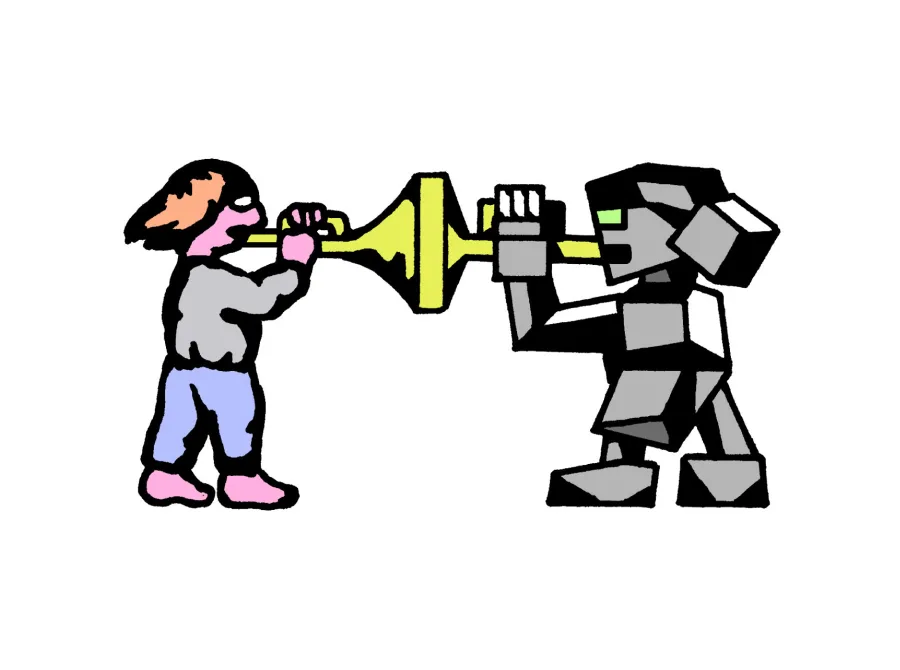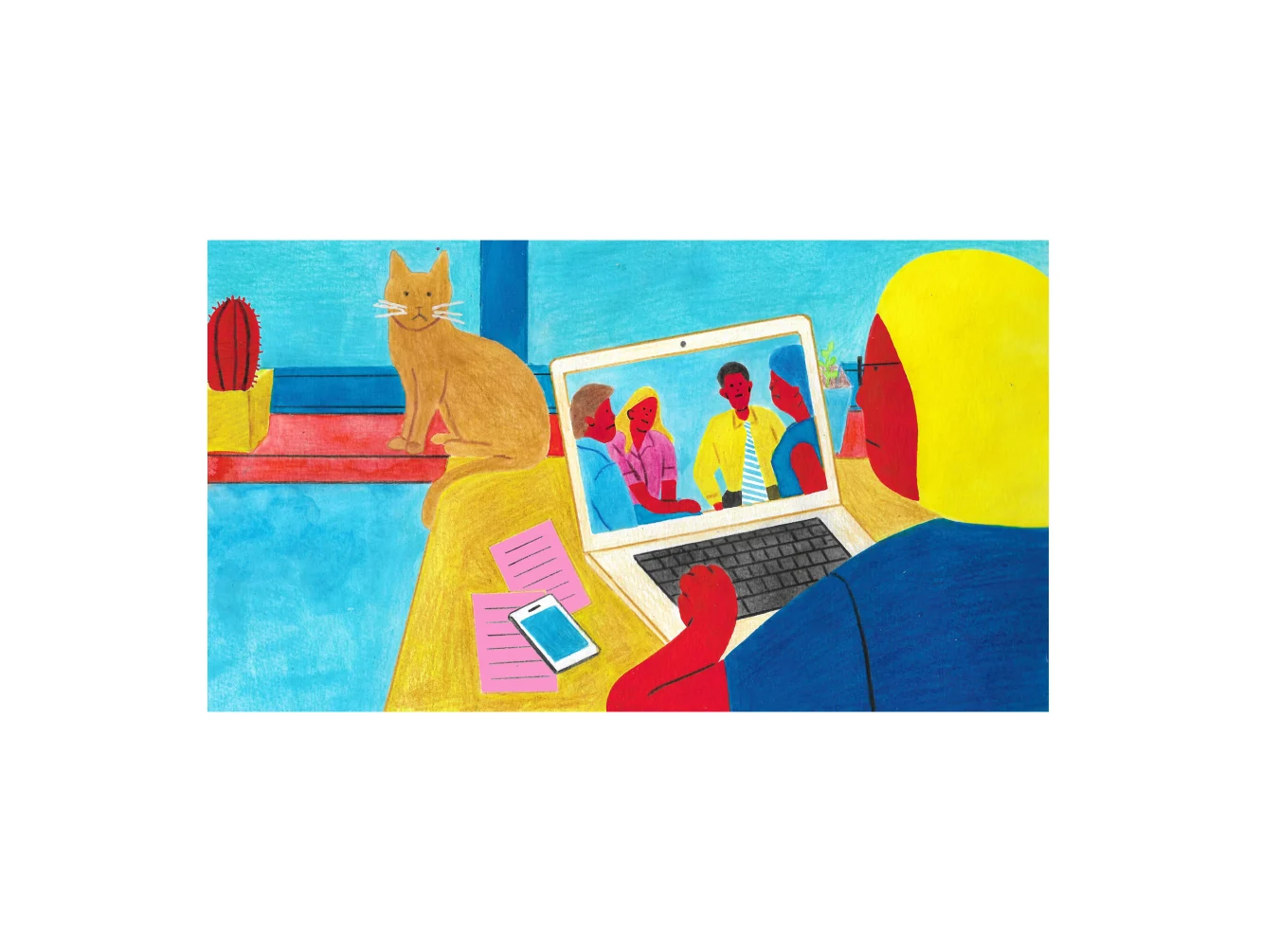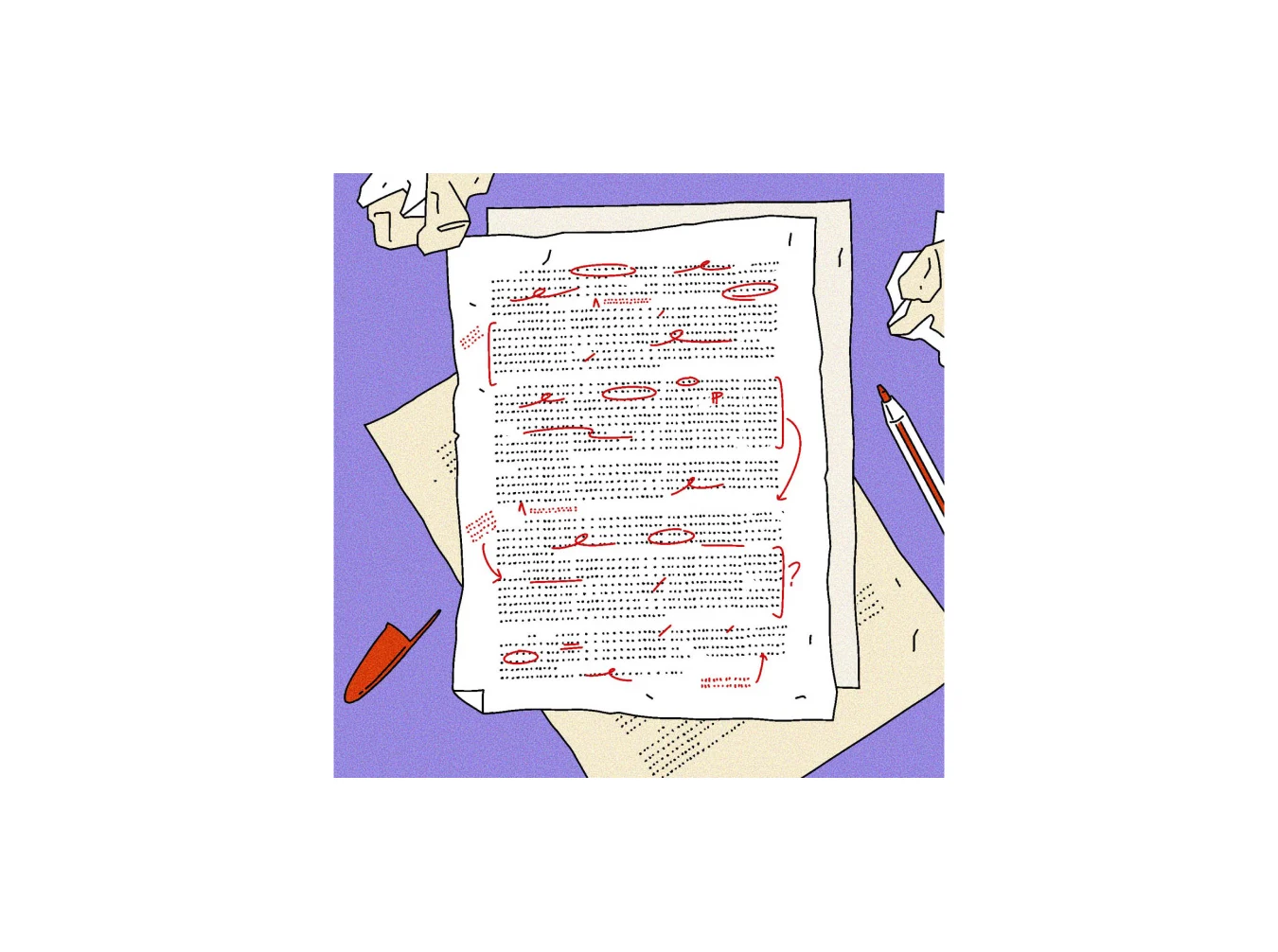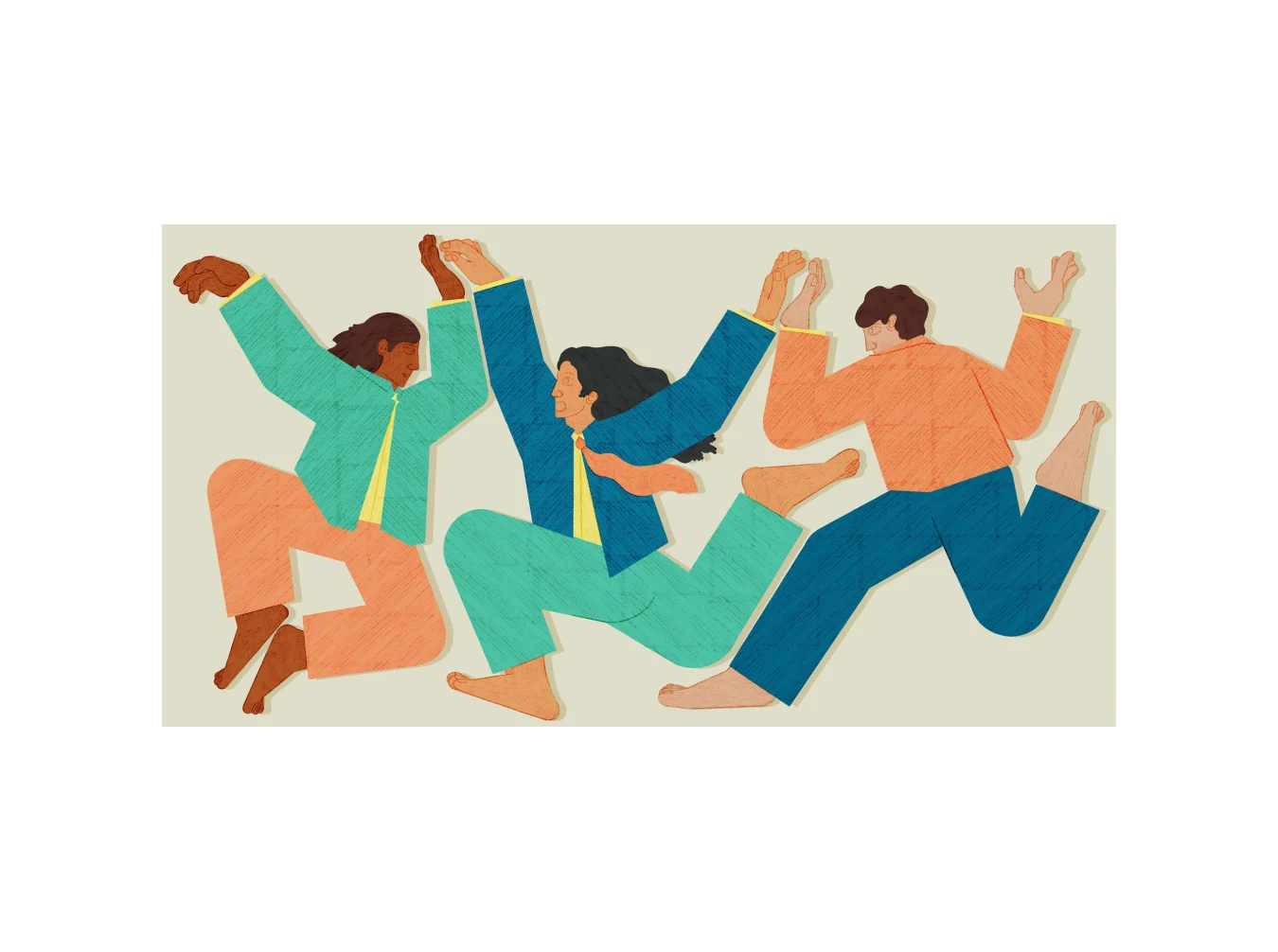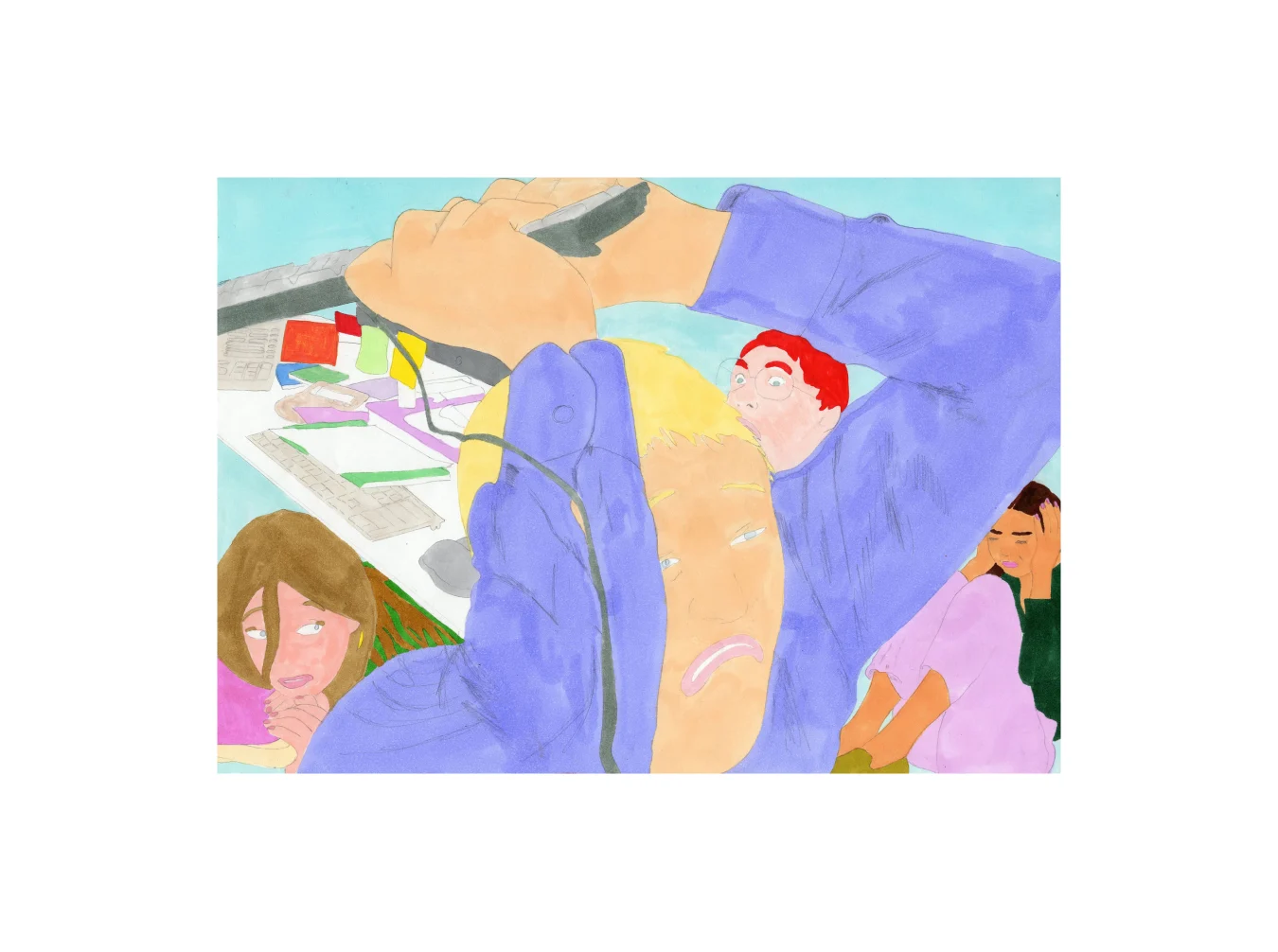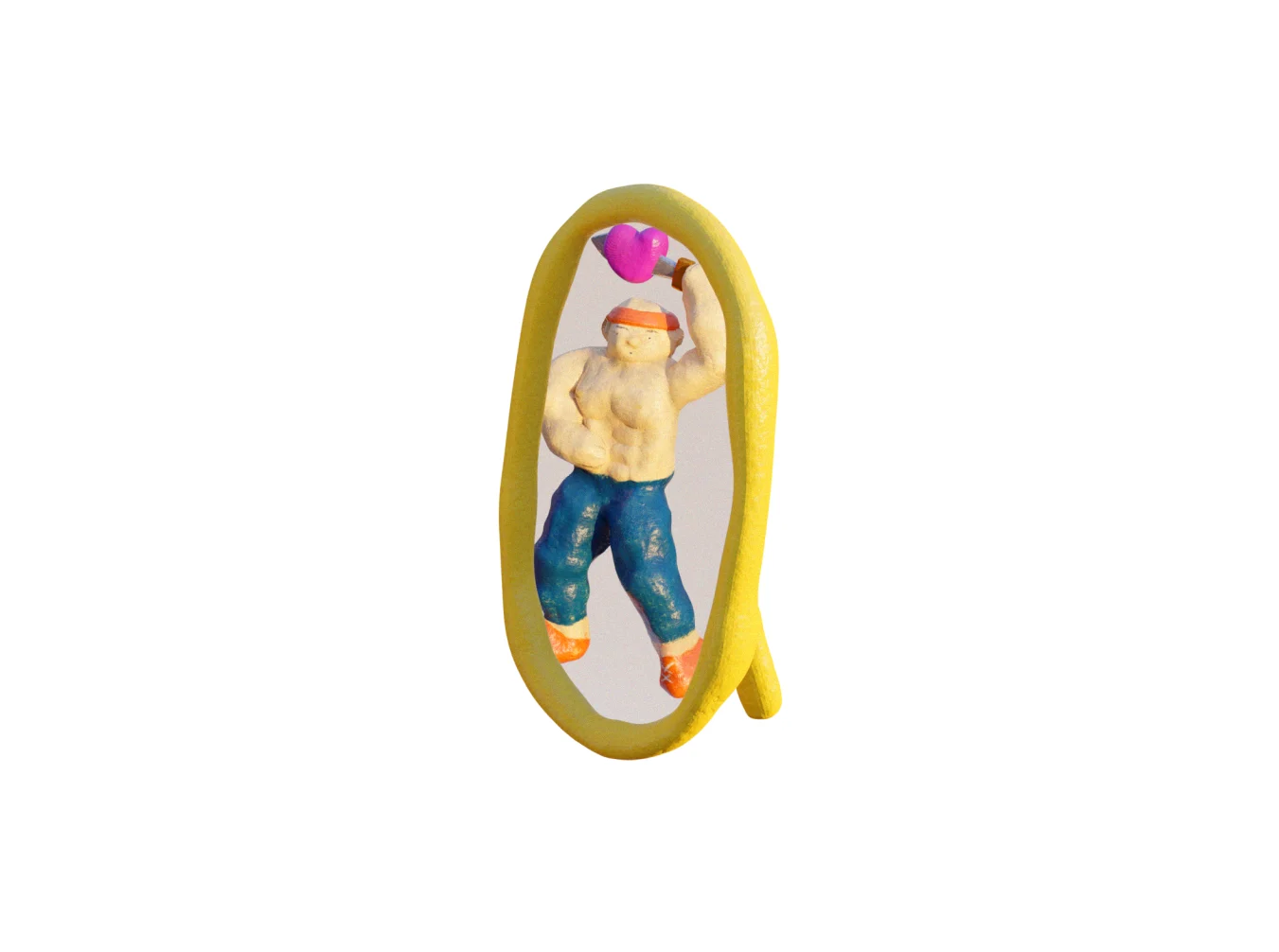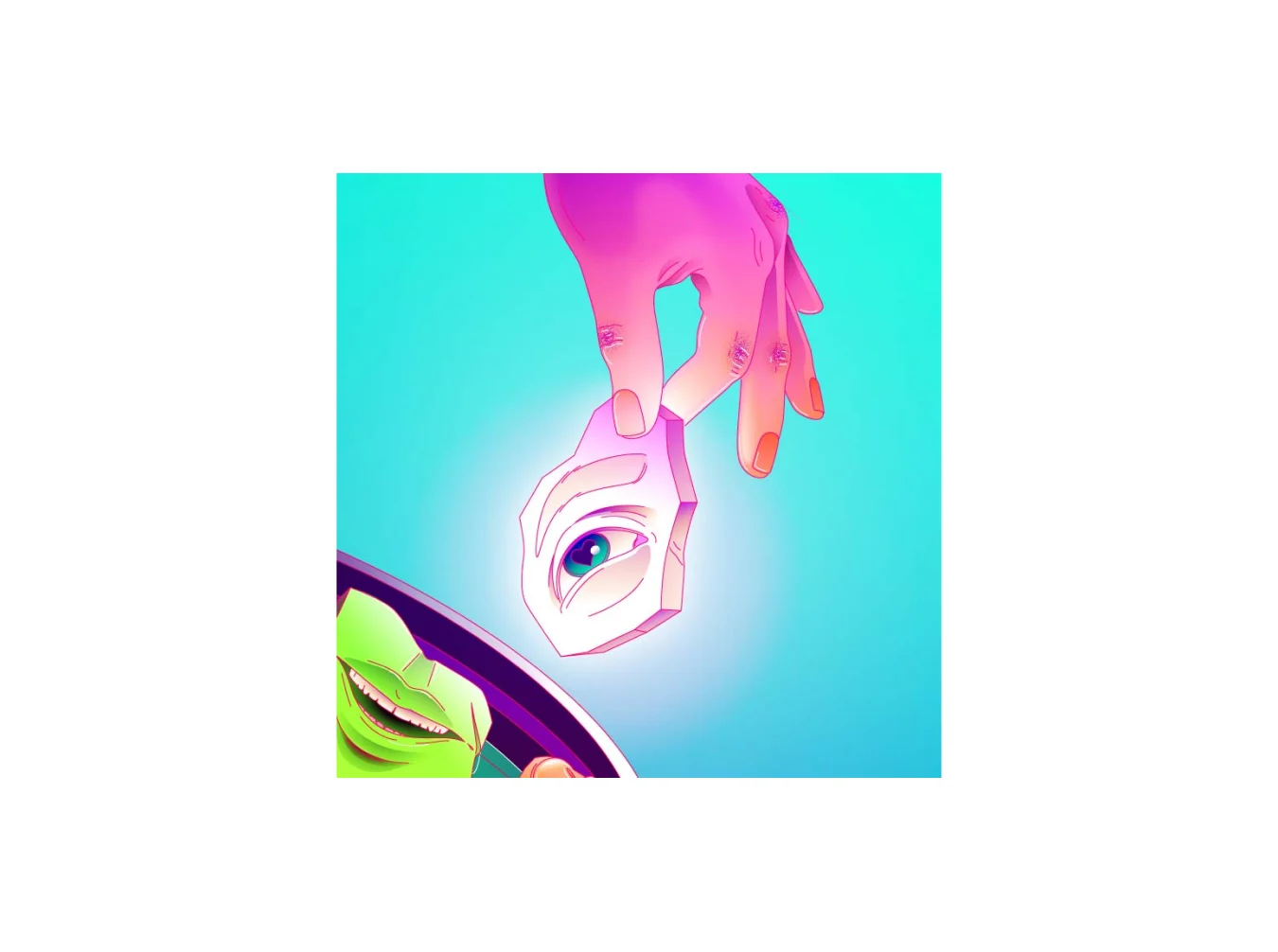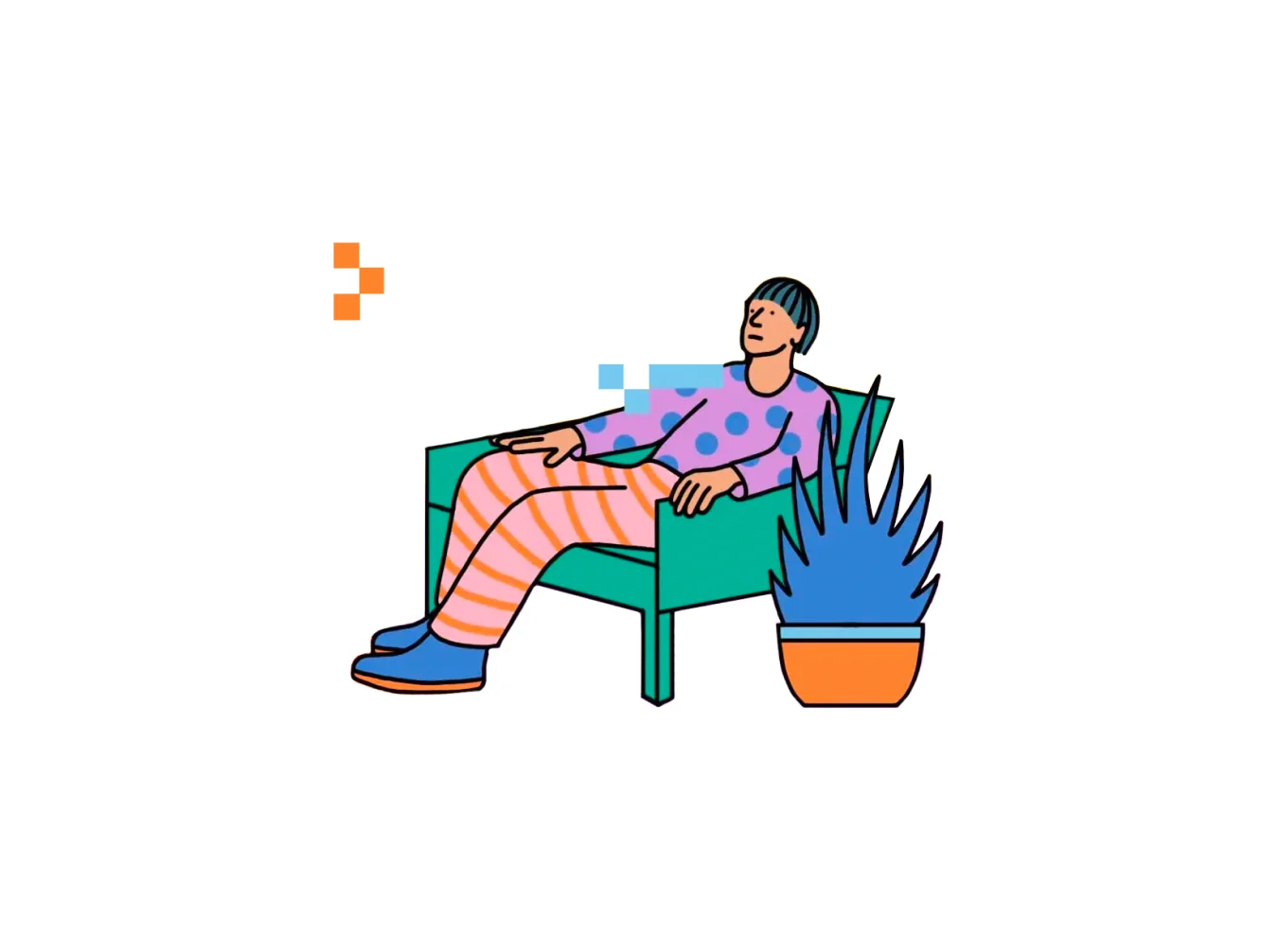
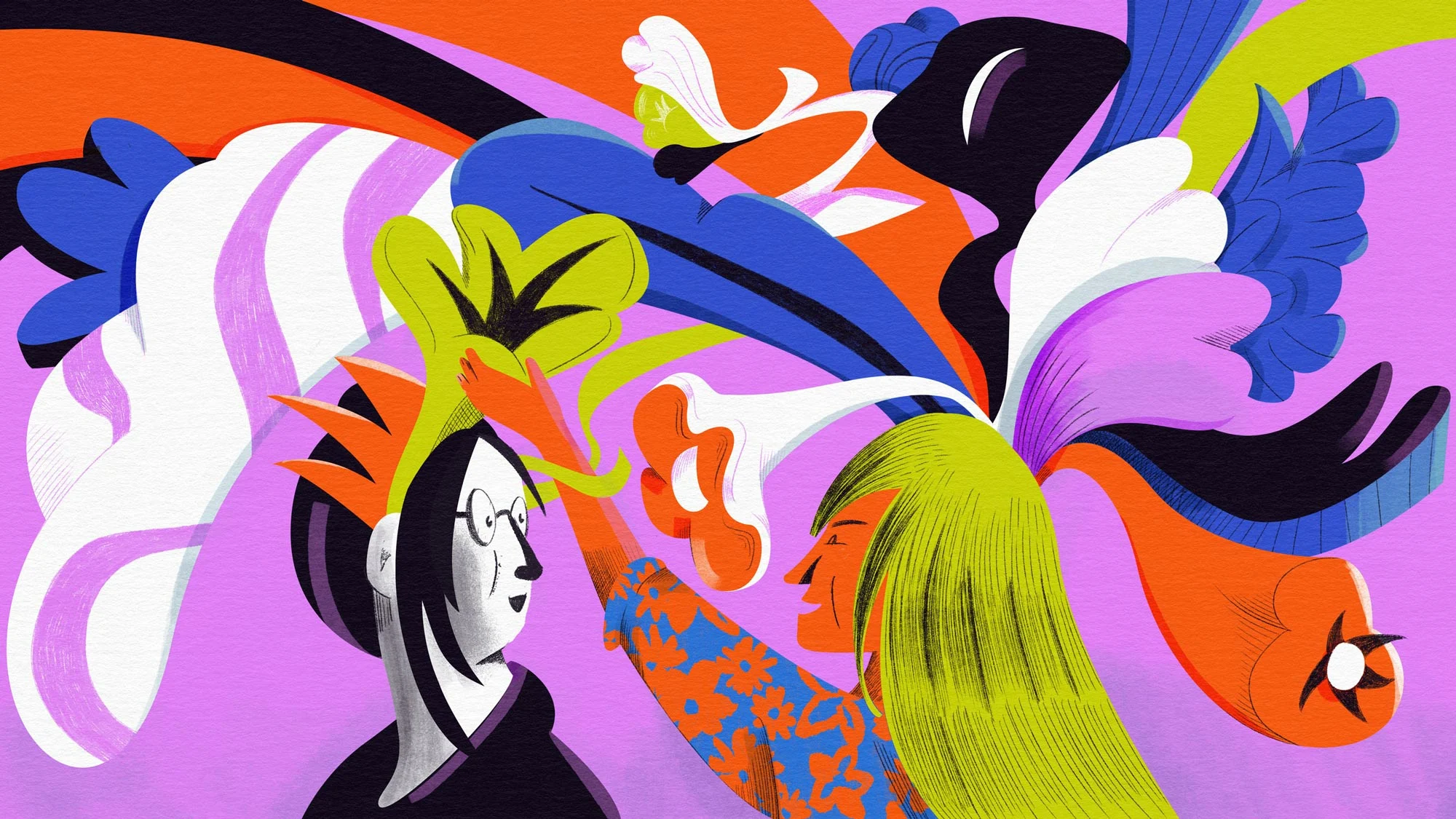
Most creatives forget the humbling details of what it was like to start in their industry from scratch with no understanding of the unspoken dos and don’ts. But everyone remembers the elusive mentor figure who helped them learn the basics and provided a guiding perspective. Here, writer Alex Moshakis speaks to experts about how to meet and work with a prospective mentor.
The journalist Amelia Tait knows the importance of mentorship. When we spoke on the phone recently, she recalled how, at the beginning of her career, she didn’t fully understand how to pitch a story she wanted to write, or to whom. When she later got to grips with the process, she remembers thinking, “Oh, I could have done that four years ago if I’d just been told how.” A mentor, someone with experience in journalism, could have shown her the way. But no one like that emerged for Tait, and she learnt gradually, gleaning information from blog posts. “I do vaguely recall sending one or two emails to people I admired,” she says. “Like, ‘Hey! How?’” But she had no specific questions ready, and “though I’m sure they were very kind and helpful,” she says, “it didn’t come to much.”
These days, Tait is in a position to mentor young journalists herself, which she does formally, through a mentorship scheme called Creative Access, and informally, following sporadic call-outs on Twitter. Creative Access enables her to create long-term relationships with aspiring journalists from underrepresented groups. The scheme allows her to “foster a mentee’s growth over six months,” in which time concrete goals will be set and achieved. “It’s official!” Tait says.
I remember that feeling, when you’re starting out, that unless you can afford to do a master’s degree, there isn’t much out there that will tell you what to do.
But the informal mentoring relationships she develops are just as gratifying. “Every now and then I’ll publish a call-out saying, ‘If you’re a bit confused, if you’re a bit stuck about where to start, email me and we can have a chat, we can meet for coffee, whatever, and I’ll try to help any way I can. Because I remember that feeling, when you’re starting out, when you’re young… That unless you can afford to do a master’s degree, there isn’t much out there that will tell you what to do.”
For young people, accessing the creative industry can be challenging. Developing a relationship with a mentor, through a formal scheme or more informally, following direct contact, can help debunk some of the industry’s myths, and make it easier, if sometimes only slightly, to develop important contacts. Young journalists ask Tait how to pitch stories, how to make a story idea stand out, who they should pitch to. But Tait imparts other knowledge, too: how to negotiate on pay, how to handle yourself in a meeting—information that seems straightforward to those already working in the industry, but which is difficult to grasp for aspiring creatives. “A thing that comes up a lot is how to introduce yourself over email,” Tait says. “Either people come across too casual, or they want to tell their whole life stories.” (Tait’s advice is to “keep it short and sweet”). She goes on, “There just isn’t much information about how to be a freelance journalist, how to get started. It must be quite confusing when you’re like, ‘I want to do this, but I don’t even know how to start.’”
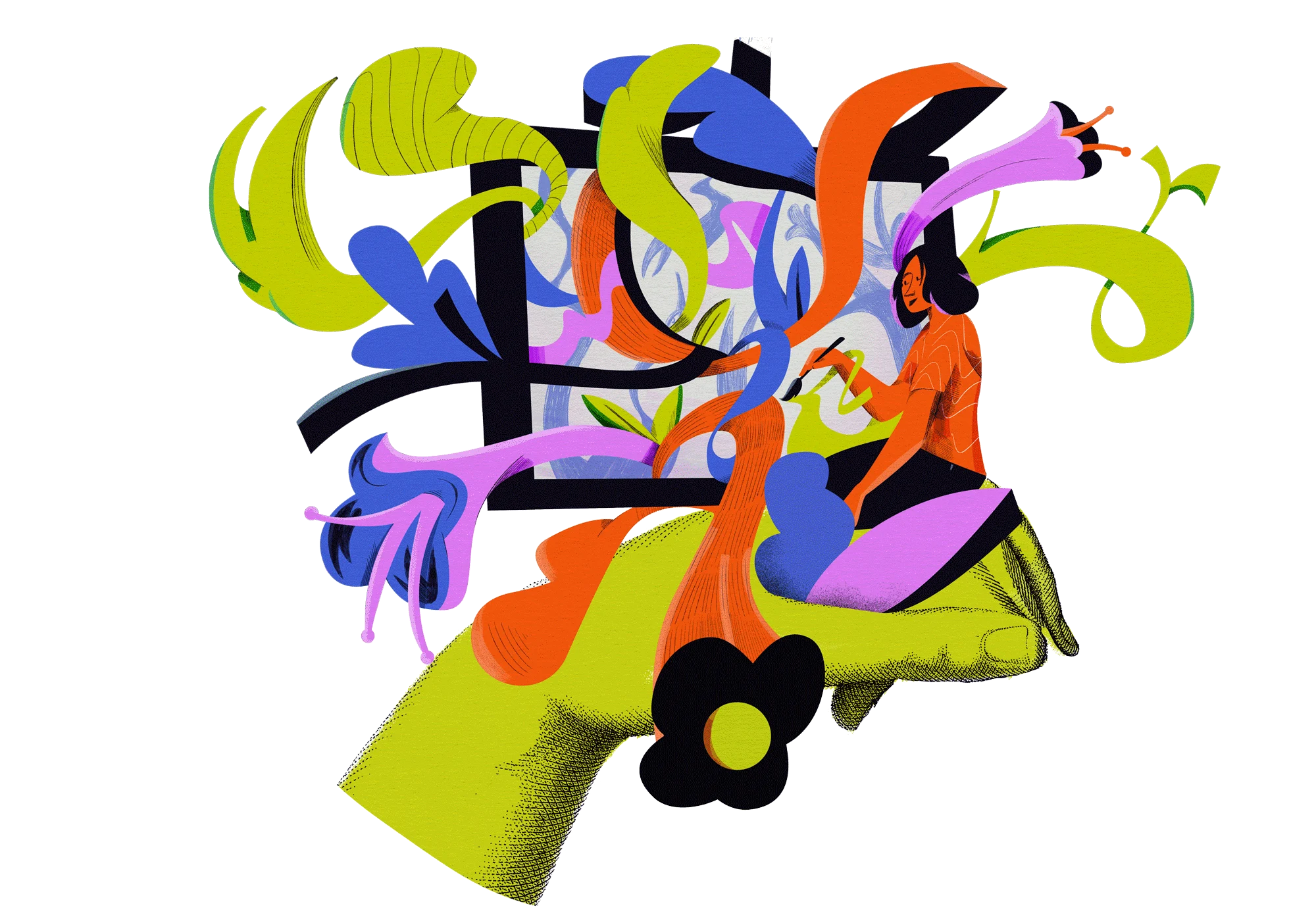
Katie Thomson-Greene, managing director at Creative Mentor Network, a charity that supports young people from lower socio-economic backgrounds, finds that “a lot of young people are really interested in the creative industry, but they don’t consider going into the creative industry as a career.” It is a notoriously difficult industry to infiltrate, she goes on, particularly if you’re from a lower socio-economic background. “If you have a teacher who doesn’t know anything about the creative industry, they’re not going to be able to talk about it, encourage young people to go into it,” Thomson-Greene says. “And there’s this expectation [in the creative industry] of working for free at the start. Lots of free internships, lots of free work placements, it’s very London-focused. Lots of people can’t afford to live in London. They can’t afford to intern at a creative agency for free. There’s a huge number of barriers. Unless you have a network of friends or family in the industry, it’s really hard to understand.”
Like Creative Access and other similar schemes, Creative Mentor Network facilitates formal mentoring by matching creative professionals with young people aspiring to the creative industry. “Once people are in the industry, they forget [how hard it was to enter],” Thomson-Greene says. “We talk a lot about the rules of the creative industry. For example, how everyone wears trainers, how it’s completely fine to wear trainers to an interview, how turning up in a suit would actually be more frowned upon. Our young people wouldn’t be aware of that. There are so many hidden elements. Things we forget once we’ve been part of the industry for a while. Things that can seem quite intimidating.”
Mentors affiliated with the Creative Mentor Network are asked to meet or speak with their mentee for a minimum of an hour every two weeks, over a 16-week period. In-person meetings often take place at the mentor’s workplace, introducing mentees to the professional environment, where they can pick up on social cues. Often mentors will introduce their mentees to other people in their network. Together, they will work towards achieving the mentees pre-identified goals. “A lot of goals are to do with confidence,” Greene-Thomson says, particularly for younger mentees. “And we see a lot of our young people who really want to improve communication skills. I think over the past few years, with the pandemic, they haven’t had a lot of opportunity to speak in public, or be around groups of people. So it’s interesting to see them be matched with a mentor who might involve them in a pitch, or team meetings, or presentations.”
The best mentees come prepared with questions. The more difficult conversations I have are with people who just want help, or who see this as more of a transactional relationship.
For many young people, workplace experiences like these are invaluable. Mentees who are already a small way into their professional lives will have more specific goals. “Some of them will be at a point in their career where they know that they want to start a podcast—they just don’t know how,” Thomson-Greene says. “Others will want to widen their network, so they’ve set a goal of making eight professional connections.”
Often young people apply to the Creative Mentor Network with a specific creative industry in mind—advertising, graphic design, film—though they are not always partnered with a mentor working in that arena. “We once had a young person who wanted to be a DJ, and he really wanted to be matched with a DJ,” Thomson-Greene says. “He wasn’t. He was matched with a strategist. And he was really disappointed. But actually, over the 16 weeks, he learnt about all the different departments in a business, and at the end he spoke about how valuable that was. If they’d been matched with a DJ, they would have only focused on that.”

If you have five professional connections before the age of 18, you’re five times more likely to be employed when you leave education.
What’s the best way to reach out to a mentor? Apply to a formal scheme, or reach out to someone you admire. “The best mentees come prepared with questions,” Tait says. “Things they specifically want to ask: ‘How do I write about X? Who’s the best editor to approach about Y?’ The more difficult conversations I have are with people who just want help, or who see this as more of a transactional relationship.”
Just being connected with people in the industry you’re interested in is helpful. “There’s a great stat on this,” Miles Zilesnick, Creative Mentor Network’s head of marketing, says. “If you have five professional connections before the age of 18, you’re five times more likely to be employed when you leave education. Getting those connections is really important.”
And the connections don’t have to be short-term. More than half of the mentors involved in the Creative Mentor Network had planned future meetings with their mentee after their programme ended in 2022, according to the charity. Tait is still in touch with some of the young journalists she has helped. “When someone emails me and they’re like, ‘I don’t know how to start,’ and we talk it through, and a few weeks later they email me to say, ‘Hey, this piece got published…’ It’s fulfilling. It was in them the whole time obviously. It’s not down to me they got published. But I was able to help them a little bit along that path.”





